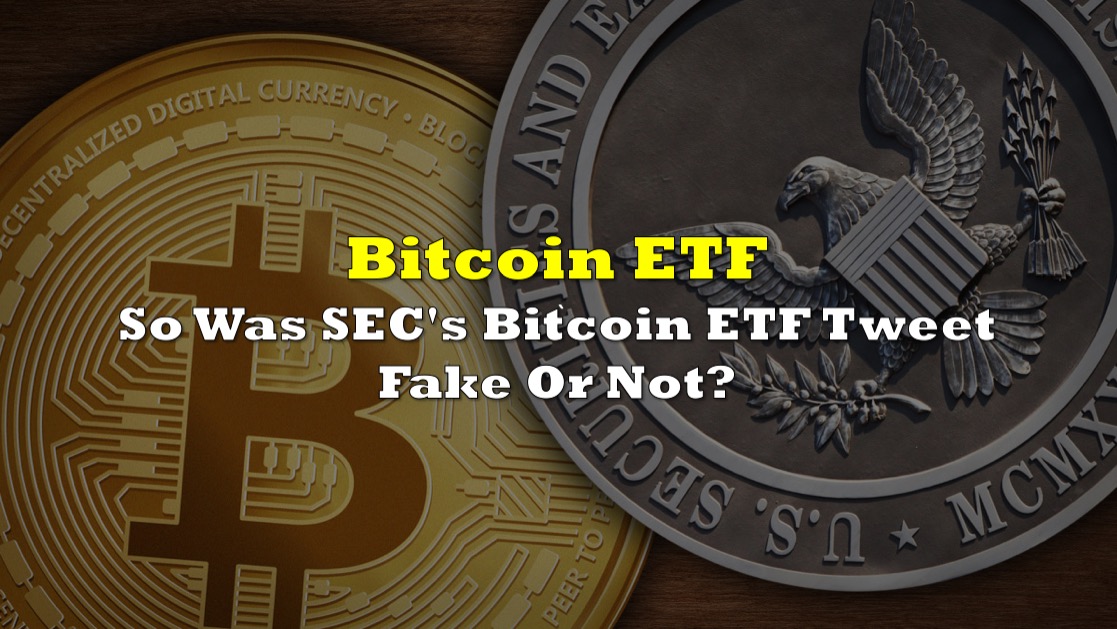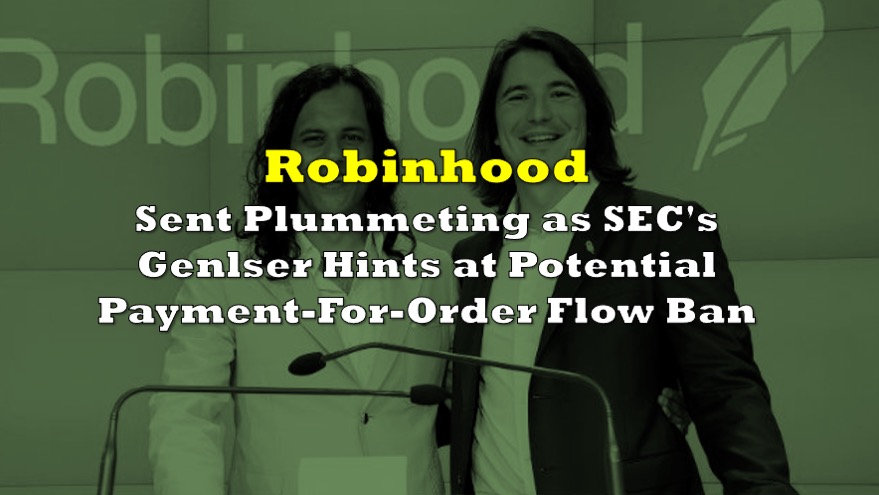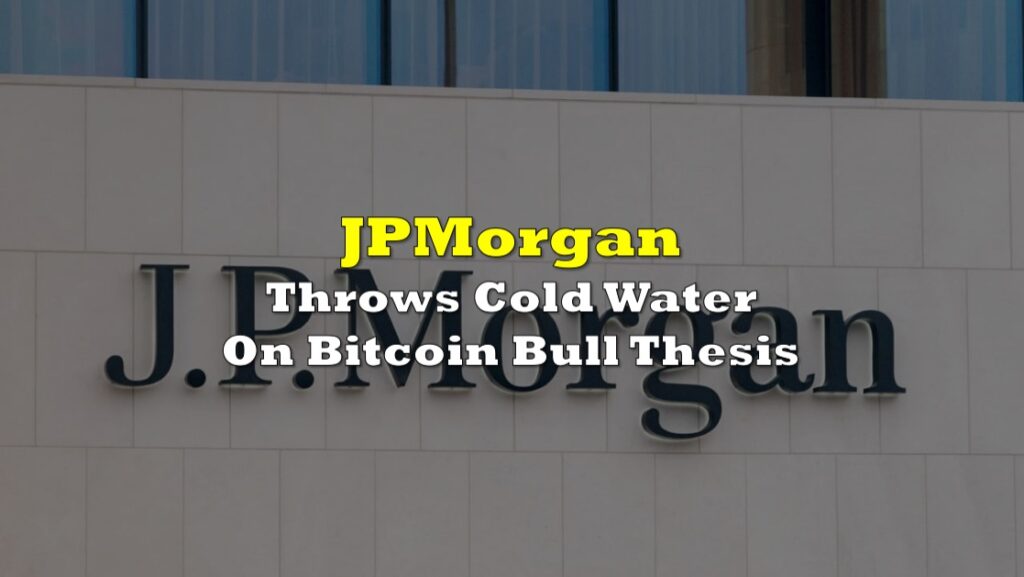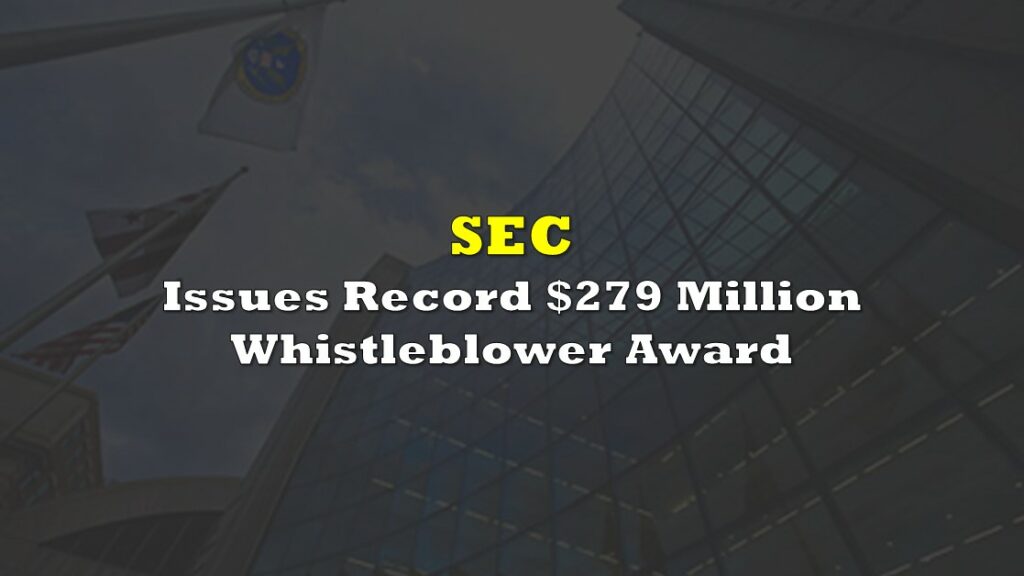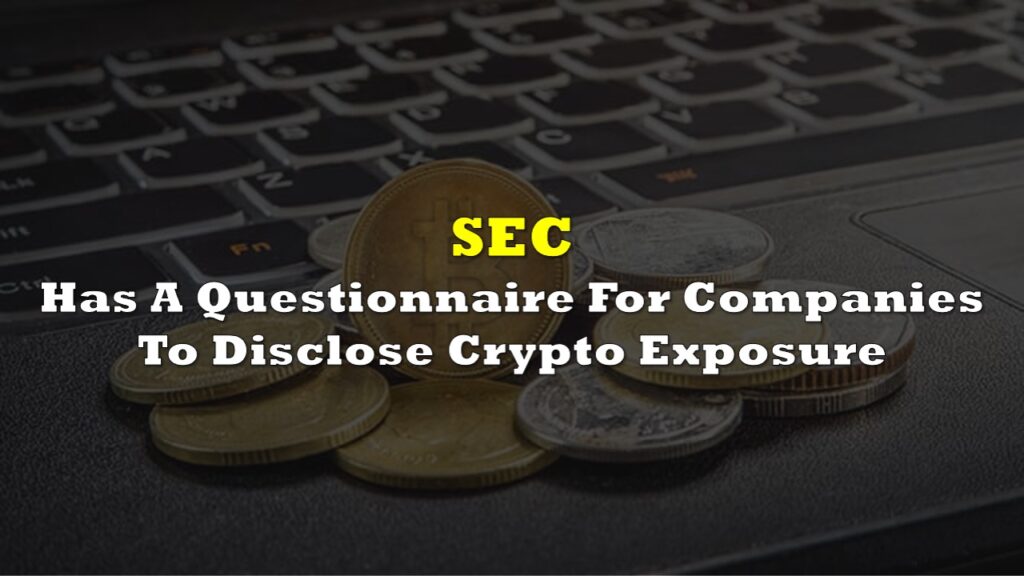Gary Gensler, the chairman of the U.S. Securities and Exchange Commission (SEC), took to X (fka Twitter) to address a purported hack of the SEC’s official account. The incident unfolded after a tweet claimed that the SEC had granted approval for the listing of Bitcoin exchange-traded funds (ETFs) on all registered national securities exchanges.
Gensler acknowledged the compromise, stating, “an unauthorized tweet” had been posted, clarifying that Bitcoin ETFs had not been approved for trading. The tweet in question, allegedly from the SEC, asserted that the approved ETFs would be subject to ongoing surveillance and compliance measures, and even included a supposed quote from Gensler highlighting how the approval would “enhance market transparency.”
The impact of this fake approval was felt across the market, affecting eleven separate Bitcoin ETFs. Key players in the ETF space, including VanEck, BlackRock, Grayscale, and ArkInvest, were reportedly among those impacted.
Concerns and speculations arose as observers scrutinized the timeline of events. One individual chronicled the sequence of events, highlighting the rapid succession of tweets from the official SEC account, Gensler’s denial of the approval, and the subsequent deletion of the original tweet by the SEC.
SEC Hack Timeline:
— Walker⚡️ (@WalkerAmerica) January 9, 2024
3:11 — @SECGov tweets all #Bitcoin ETFs are approved
3:26 — @GaryGensler says SEC account was hacked
~3:38 — SEC “regains control” of their account & deletes original tweet
3:42 — SEC tweets they were hacked & have not approved ETFs
Something is fishy… pic.twitter.com/CVHLlY2SdN
Another observer pointed out discrepancies in the fake post, casting doubt on its authenticity. They cited differences in formatting, noting that SEC tweets typically do not use headshots, the absence of the SEC seal and http://SEC.gov in the lower left, and deviations from the standard format of presenting the name and title. These details, along with font variations and the use of an unofficial headshot of Gensler, led them to conclude that the post was likely faked.
So I’m pretty sure this was faked. If you look at past SEC twitter cards with pull quotes
— Sean Tuffy (@SMTuffy) January 9, 2024
1) they don’t use headshots
2) They don’t “US SEC” in the header
3) they always have the seal and https://t.co/Gq6QjUhfkI in the lower left
4) its Name, then title
5) it’s the wrong font pic.twitter.com/oWdKw2i2XL
The platform X itself confirmed the SEC’s account “was compromised… due to an unidentified individual obtaining control over a phone number” associated with the account.
“We can also confirm that the account did not have two- factor authentication enabled at the time the account was compromised. We encourage all users to enable this extra layer of security,” added the X Safety account.
JUST IN: X confirms the SEC's account was hacked and did not have two-factor authentication enabled. pic.twitter.com/7KABoGMgrm
— Watcher.Guru (@WatcherGuru) January 10, 2024
The aftermath of the false approval had real consequences in the market, as one observer explained that the ETF was already priced in. Investors reacted to the news by selling off, anticipating a news-selling event even after the fake approval was exposed. However, the observer suggested that the market might experience a rebound in the face of uncertainties regarding future approvals.
the etf was priced in so we sold off on the fake approval, and people saw that it was a news selling event so they sold even after the fake approval was exposed in anticipation of news selling on approval tomorrow, but that means we sold off enough already so the approval… pic.twitter.com/k4rkGCU7VY
— nic 🌠 carter (@nic__carter) January 9, 2024
As the SEC works to regain control of its compromised account, the incident raises questions about the susceptibility of official channels to misinformation and the potential impact of such incidents on financial markets. Investors are now left to wonder about the authenticity of regulatory announcements, underscoring the need for enhanced security measures in the age of digital communication.
Information for this briefing was found via the sources mentioned. The author has no securities or affiliations related to this organization. Not a recommendation to buy or sell. Always do additional research and consult a professional before purchasing a security. The author holds no licenses.

